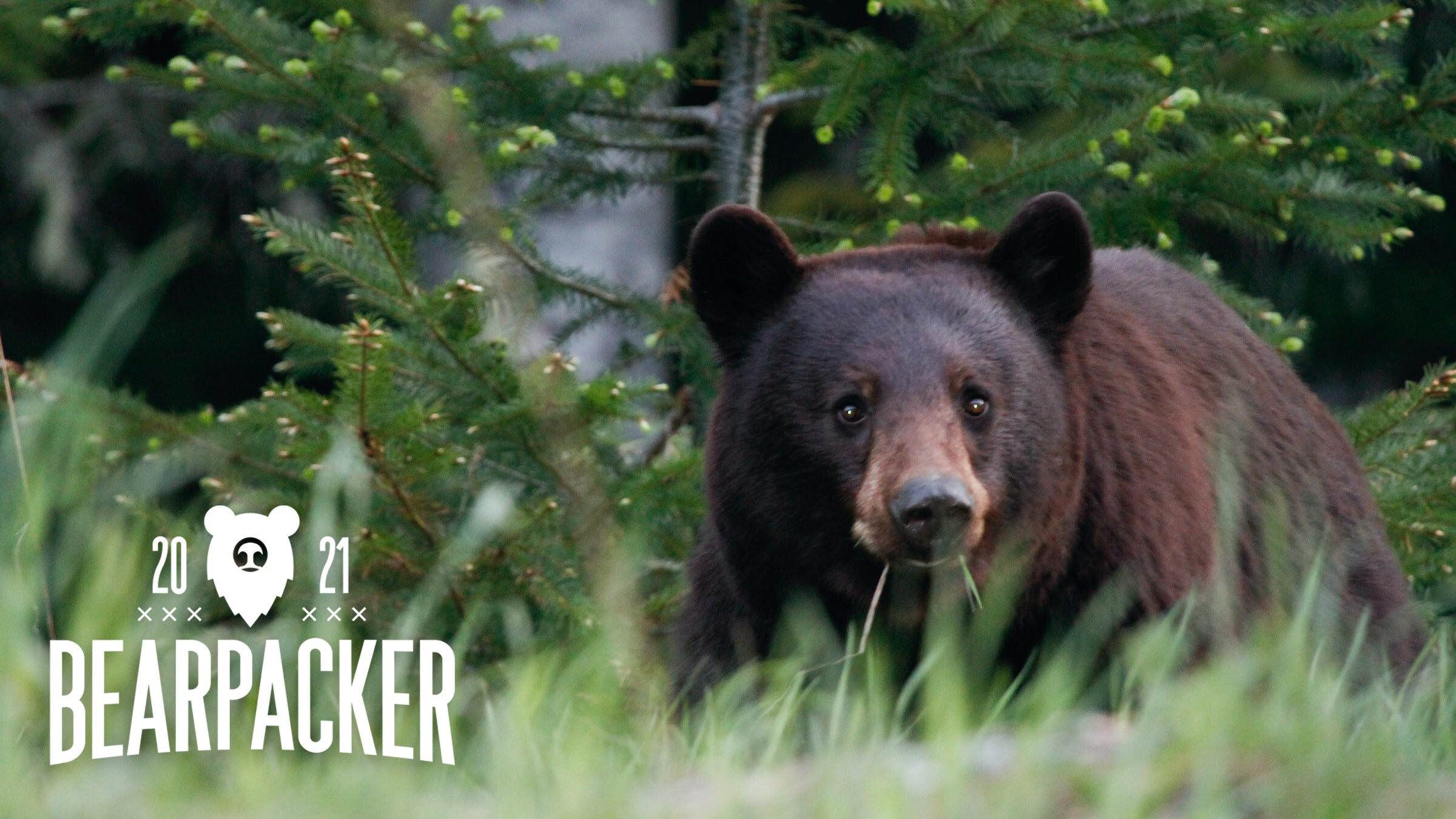I've Written About Human-Bear Incidents for Years. Here's What I Wish People Knew.

A black bear (Photo: Geoff Brooks)
More from Bearpacker
Bearpacker is Backpacker’s annual celebration of bear safety, science, and stories.
I was about two months into a new post as a small-town reporter when I received my first bear assignment. In a rare incident, a bear had attacked and killed a small dog during the dog’s early-morning potty jaunt in its owner’s yard. The bereaved owner was too distraught to talk, so I called the game warden, who filled me in on what happened. It was the first of many conversations we would have about bears over the next five years.
More from Bearpacker: This Is What Happens When You Strap a GoPro to a Bear
I live in rural Vermont. The two biggest towns my paper covers have a combined local population of under 4,000, so the relationship between the news and locals is fairly intimate here. The story of a bear attacking a dog did what surprising stories in small communities do—it grew and morphed. Before you knew it, there was a dog-eating bear on the loose. I knew it was going to be important to get the facts straight.
The game warden told me what would become a familiar refrain: the bear was simply being a bear. It seemed, he said, the bear had been near the dog’s yard, felt threatened by the dog’s bark, and reacted by attacking the dog. It didn’t seek out the dog. He told people not to panic, and not to stop walking their dogs, but simply to be aware that when we leave attractive human things in our yards, like garbage, birdseed, chicken feed, and food, bears come closer to our homes, and therefore closer to us.
After that first bear assignment, I became the paper’s go-to reporter for bear stories, of which there are several each year, usually in the spring when bears are emerging and hungry but don’t yet have berries and other food to eat. I’ve covered a woman being charged with deliberate bear feeding; a bear entering a house to eat a bag of apples, leaving muddy paw prints in its wake; a woman hiding in the bedroom of her Airbnb while a bear sniffed around the kitchen; a man killing a bear with a bow and arrow because it was eating his garden; and a bear cub that went missing after its mother was hit by a car.
Bear stories tend to be wildly popular with readers. It’s no surprise. They’re mesmerizing creatures — huge, but with a quiet grace befitting a ballerina. They climb trees surprisingly fast and stay in them a surprisingly long time. I, like readers, am taken by them, and at the beginning, I’ll admit that when I wrote stories about bears, I was anticipating the excitement people feel when they read about them. My reader and I were an “us,” the bears were “them.”
As time has gone on, though, I’ve felt a shift. Now, when I sit down to write a bear article, I feel distinctly like I’m not writing for the humans. I’m writing for the bears.
No, they aren’t reading my paper (though, that’s a fun image, and now I’m picturing it). Still, the more I write about these interactions, the more I internalize the message from the game warden, and the more I hope readers hear that message: We’re in their world, too. I live within the Green Mountain National Forest, a place that for a long time was not littered with houses, garbage cans, birdseed, and chicken coops. With each new tale of a bear interacting with this stuff we’ve strewn in their paths, I feel a stronger responsibility to remind my fellow humans that the bears are also adapting to us.
In any type of reporting, the job is to get the story right. In local reporting, this mandate can feel hefty. Locals are quick to inform me if I misquote them or muddle the intention behind an action or statement. Bears, of course, can’t speak up if I misquote them. I used to think that made them more convenient to write about, but now I just think it means I have a greater imperative to get it right. Whether I’m reporting about local government or local bears, the goal is the same. I hope people read, understand, absorb, and plot their next move based on what they’ve learned. In government that may mean keeping elected officials in office or electing new ones. In all things ursine, if I do my job right, people might just take a little more care. At least, that’s my hope.